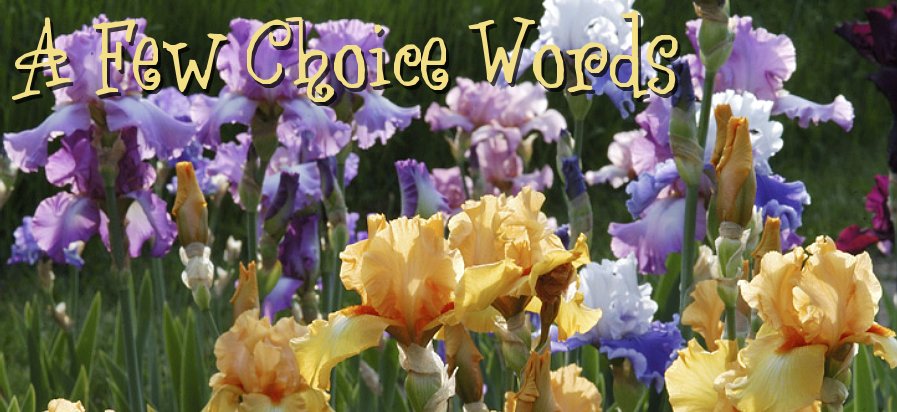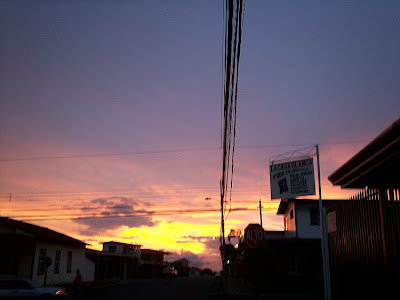We're reading The Bean Trees and Pigs in Heaven by Barbara Kingsolver.
Click for the posts on Chapter 1, Chapters 2 & 3, Chapters 4 & 5 and Chapters 6 & 7.

So many damaged people.
Taylor´s statement here rang true for me. In a way at least:
| I thought I´d had a pretty hard life. But I keep finding out that life can be hard in ways I never knew about. |
It´s not the actual sentiment, but the spirit of it that struck a chord with me. I don´t feel that I have, or have had, a particularly hard life. And I do know quite a bit about the other ways that life can be hard. But I still know exactly what she means.
I´m obviously in the midst of a challenging time here, and yet there are so many other people facing things that are so much more difficult or devastating. At the very least, things they didn´t consciously choose for themselves the way I did in my situation.
I don´t know if it´s one of those "learn a new word" situations, or if there really are more people around me than usual dealing with difficult times. Either way, I´d just as soon do without the frequent "things could be worse" reminders. As, I suspect, could the folks whose lives are providing them for my consideration.
Another quote that stuck out to me:
| "...You think you´re the foreigner here, and I´m the American, and I just look the other way while the President or somebody sends down this and that, shiploads of telephones to torture people with. But nobody asked my permision, okay? Sometimes I feel like I´m a foreigner too. I come from a place that´s so different from here you would think you´d stepped right off the map into some other country where they use dirt for decoration and the national passtime is having babies. People don´t look the same, talk the same, nothing. Half the time I have no idea what´s going on around me here." |
Well, again, it´s the feeling more than the words I´m identifying with here. Or maybe in this case it´s more the issue than the sentiment even.
I am, in fact, a foreigner here, and frequently forget that fact. Or, if I don´t actually
forget, I go about my business and it´s not always on my mind. I don´t feel like a Costa Rican, certainly. But I yam what I yam and it´s normal to me.
It´s when I go back to the US that I feel the difference more, at least at first. I feel comfortable there in a way that I don´t here, and yet the differences are so obvious when I´m there for a visit, I am aware of having spent most of my adult life away from it, and I feel my (invisible) foreignness at those times.
And then of course there´s what she´s actually saying, about being a citizen of a country that commits acts she wasn´t aware of at the time, and which she finds horrifying when she does find out. I think most of us can identify with that.
It´s like Estevan says a while later:
"What would you do, Taylor?"
"I don´t know. I hate to say it, but I really don´t know. I can´t even begin to think about a world where peole have to make choices like that."
"You live in that world," he said quietly, and I knew this, but I didn´t want to. |
I know this, more directly than a lot of people, having traveled in Central America while the conflicts were still fresh - or ongoing - in Nicaragua, Guatemala and El Salvador. I was never in any danger myself from the wars, but I have seen these things up close.
An actual unexploded bomb on the ground in El Salvador, with a serial number and "Made in USA" stenciled on the side.
The tiny caves people dug into the hillsides near there, to hide in when those bombs fell - the old and infirm, anyone who couldn´t run fast enough, sometimes stayed in the caves, dirt holes maybe the size (and height) of your sofa, for days at a time.
People with missing limbs. Buildings in ruins. The sites of massacres.
I´ve translated, both in writing and in person, the accounts of people who have survived these things.
And, like Taylor, I
still "can´t even begin to think about a world where people have to make choices like that."






















